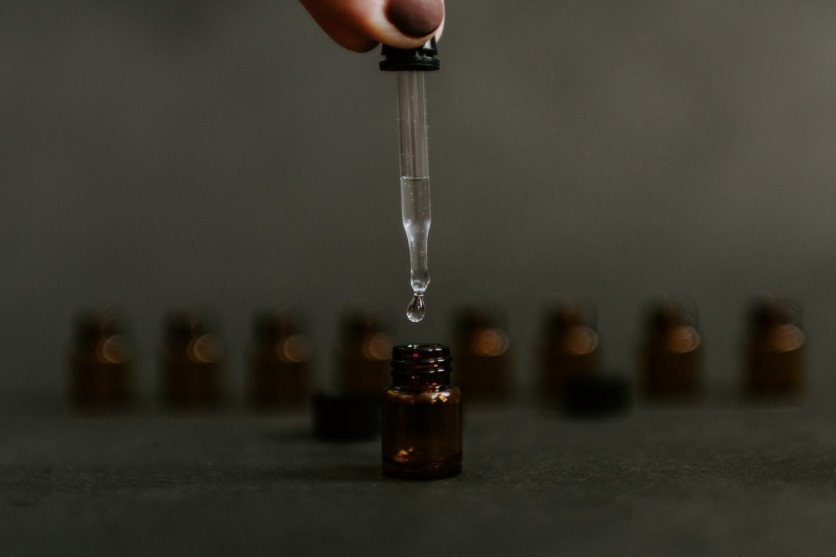
A ketamine-based nasal spray is found to be a better option than antipsychotic alternatives when treating treatment-resistant depression.
Based on a recent clinical trial, patients who take this spray and other traditional antidepressants can feel alleviating symptoms of their condition.
Ketamine Nasal Spray as Depression Treatment
For years, different drugs have been administered to people with depression. Some of them are effective but others are just good for short-term treatment. However, a new study suggests that ketamine taken in a spray form can be an innovative treatment for depression.
Typically, individuals seeking ketamine therapy for depression receive low-dose infusions via intravenous administration at specialized clinics—an off-label use of the drug.
The Food and Drug Administration (FDA) officially gave the green light for Spravato in 2019 to be used for clinical depression. Johnson & Johnson developed this nasal spray which is used for patients who are not responding to traditional drugs.
A year later, the FDA expanded the approval of the nasal spray. The agency said that it can now be used for patients dealing with acute suicidal behaviors.
Ketamine Spray With Other Medications
According to Gizmodo, Ketamine administration is designed to complement traditional antidepressants.
The pivotal trials leading to its approval demonstrated the superior performance of the spray in combination with these medications, outshining the results achieved by those who solely relied on conventional drugs paired with a placebo spray.
However, the landscape of depression treatment is diverse, marked by alternative therapies, including antipsychotic medications like quetiapine, commonly known as Seroquel.
A landmark extension of J&J's clinical trials for Spravato, known as the ESCAPE-TRD study, directly pitted their nasal spray against quetiapine. The preliminary findings were unveiled in November 2022, with the official publication of the data making its debut in the New England Journal of Medicine.
Related Article: FDA Greenlights First Pill to Treat Postpartum Depression
Clinical Trial Using Ketamine-Based Nasal Spray
The study enlisted over 650 adults grappling with treatment-resistant depression, strategically randomized to receive either quetiapine or the ketamine-based nasal spray in conjunction with conventional antidepressants.
By the eighth week, a remarkable 28% of patients using the nasal spray experienced remission, measured against a standardized scale, in contrast to 18% of those relying on quetiapine.
While this marked the primary objective of the study, the remission rate continued to soar in the esketamine group even 32 weeks later (55% vs. 37%). Moreover, a higher percentage of individuals experienced an enduring absence of symptom relapse through this 32-week period (22% vs. 14%).
Dr. Allan Young, Director of the Center for Affective Disorders at King's College London and a key study author, emphasizes the unprecedented nature of the study.
In a parallel development, a study in May revealed that ketamine performed on par with—and potentially even outperformed—electroconvulsive therapy, a commonly sought alternative for challenging depression cases.
With this, Young believes that ketamine should be prioritized as a front-line therapy in place of other depression treatments.
"There is an argument for using ketamine first if we can identify the characteristics of those who would respond well," he told Gizmodo in an email.
The ketamine nasal spray appears to be a superior treatment option for depression at large, albeit for a select demographic. However, Young underscores the critical nuance that only a minority of individuals exhibited a complete response to esketamine.

![Apple Watch Series 10 [GPS 42mm]](https://d.techtimes.com/en/full/453899/apple-watch-series-10-gps-42mm.jpg?w=184&h=103&f=9fb3c2ea2db928c663d1d2eadbcb3e52)



